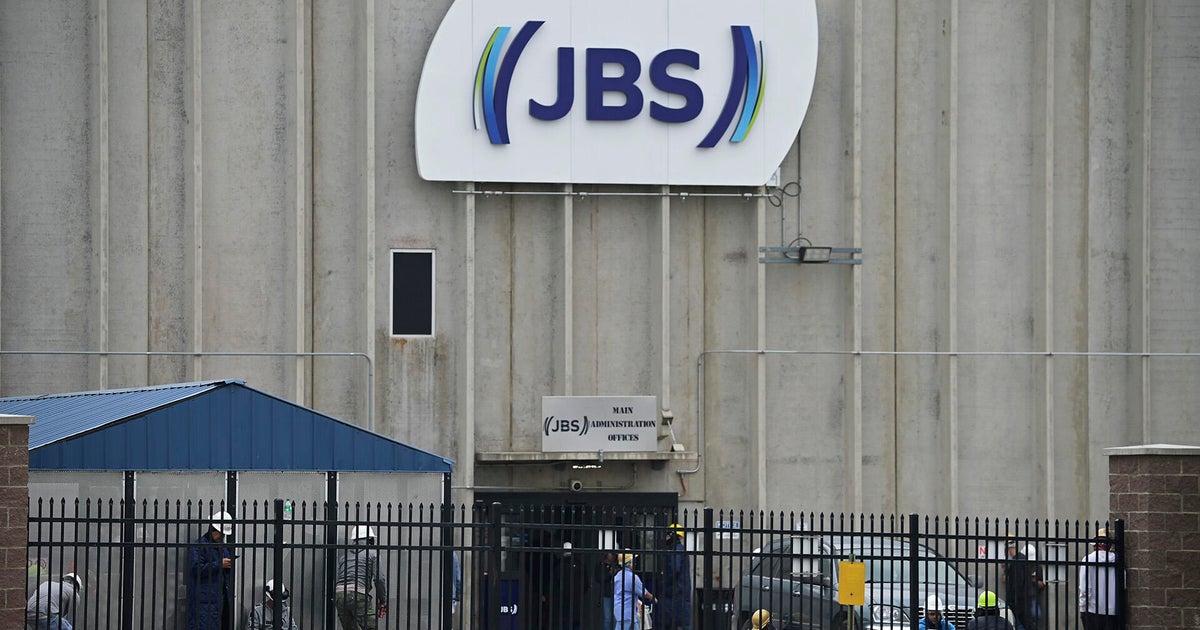American workers quit their jobs at near-record highs amid "brutal battle" to hire
Americans continue to quit at near record highs, with 4.4 million people handing in their resignations last month, according to new government data. At the same time, employers had 11.3 million job openings in February, just shy of a December record of 11.4 million openings.
The data signals that the job market remains tight, with employers engaged in a "brutal battle" for low-wage workers, said Ron Hetrick, senior economist at Emsi Burning Glass, in a Tuesday call to discuss the Labor Department data.
Many people are taking advantage of numerous opportunities to switch jobs, often for higher pay. The vast majority of those quitting do so to take another position.
Workers may be quitting to find better-paying jobs, but the underlying problem with the labor market is that there simply aren't enough employees to fill the nation's open positions, economists noted. In February, there were 1.8 openings for every unemployed worker. Before the pandemic, there were usually more unemployed people than job openings.
"We keep recycling the same workers back and forth, and we aren't getting new workers into the workforce," Hetrick noted. "Are we going to run out of people who need to fill these service-level jobs?"
The number of workers who quit their jobs in February is just below the record of 4.5 million resignations in November.
But the outsize number of available jobs and quits has contributed to rampaging inflation, as many companies have had to raise pay to attract and keep workers. Millions of Americans are still sitting out of the workforce, including some older workers who may have opted for early retirement, and economists say it's unclear whether they'll return to the labor pool.
The data "shows that the labor market remains torrid," Stephen Stanley, chief economist at Amherst Pierpont, said in a research note. "In a month when the economy added 678,000 jobs, the number of job openings only went down by 17,000. That speaks to the depth of the bid that employers have for labor."
Tuesday's report is separate from the government's monthly employment report, which in February showed that employers added a robust 678,000 jobs. The Labor Department will release the March jobs report on Friday, April 1.
Unemployment rate near pre-pandemic low
The unemployment rate, at 3.8%, is near the pre-pandemic level of 3.5%, which was the lowest in five decades. And there are still several million fewer people working or looking for work than before the pandemic, forcing employers to compete among a smaller labor pool.
Because of those trends, Federal Reserve Chair Jerome Powell has singled out openings and quits as a key measure of the labor market's health and a target of the Fed's interest-rate policies. Powell has said that the central bank hopes to reduce the number of available jobs as a way of cooling wage increases and price inflation.
"If you were just moving down the number of job openings ... you would have less upward pressure on wages," Powell said. "We need to use our tools to move supply and demand back" into alignment.
With employers desperate to find workers, wages and salaries rose 4.5% in 2021, the fastest pace in at least two decades. Many businesses have, in turn, charged their customers more to cover the higher labor costs.
Inflation jumped 7.9% in February from a year earlier, a four-decade high.
Earlier this month the Fed said it had raised its short-term interest rate for the first time in four years, to about 0.375%, to rein in inflation. More rate hikes are expected this year, including potentially one or more half-point increases.
Powell's hope is that by reducing job openings and slowing wage gains, the Fed can bring down inflation without causing widespread layoffs and pushing unemployment higher. Economists overall are skeptical, however, that the Fed can achieve such a "soft landing" for the economy. They worry that the Fed's rate hikes will result in job losses and potentially even a recession.



